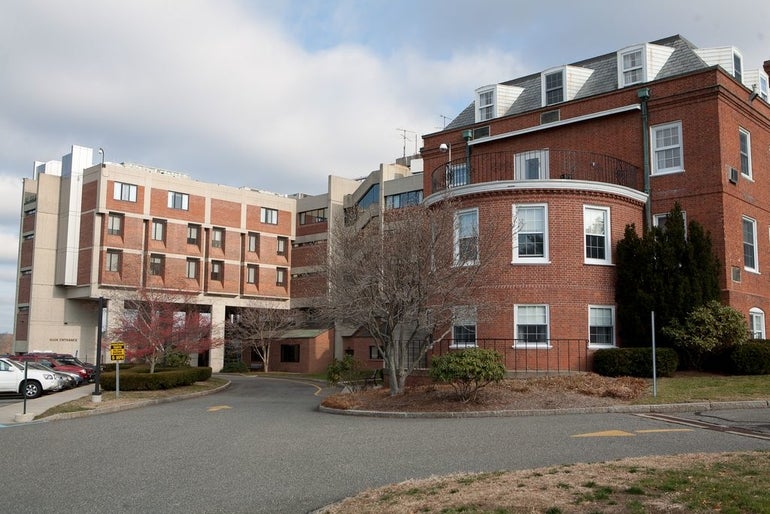If a statewide ballot question passes in November mandating certain nurse-to-patient ratios, annual costs for hospitals and other facilities would rise by up to $949 million a year, the Massachusetts Health Policy Commission reported Wednesday.
The commission’s report adds a new objective voice to what has been a largely one-side-versus-the-other debate among how medical facilities should staff their nurses to treat patients.
Administrations at UMass Memorial Health Care, Harrington Hospital and Milford Regional Medical Center are among those opposed to the ballot question. Milford Regional has said its costs could increase by $5 million.
Partners HealthCare, the state’s largest system, which includes Massachusetts General Hospital, Brigham and Women’s Hospital and others, has said its costs could increase by $140 million.
Opponents to Question 1 said the cost would be roughly $1.3 billion statewide.
Proponents of the ballot question, on the other hand, say those cost estimates are exaggerated. One study cited by the Committee to Ensure Safe Patient Care, which is pushing for the new staffing standards, pegged additional hospital costs at less than $47 million across the state.
Proponents include the Massachusetts Nurses Association, which has contributed the bulk of donations toward passing the ballot question. The Massachusetts Health & Hospital Association, which represents hospitals statewide, has contributed toward defeating the question.
If the question passes, standards would be set dependent on a nurse’s specialty.
In the emergency department, for example, a nurse would be in charge of just one critical or intensive care patient at a time, or two patients if the nurse has assessed each patient’s condition as stable. A nurse could have up to five patients if they are deemed non-urgent stable.
In maternity, a nurse would have just one active labor patient, or up to six patients postpartum. In units with pediatric, medical, surgical or similar cases, nurses would be assigned up to four patients. In units with psychiatric or rehabilitation patients, nurses would see up to five patients.
On Wednesday, the Massachusetts Health Policy Commission said those new standards would force hospitals to increase staffing by 2,286 to 3,101 additional full-time equivalent registered nurses. Community hospitals serving higher proportions of MassHealth and Medicare patients would be affected the most, the report said.
Some savings would be realized through reduced hospital stays, the commission said. But those possible savings, roughly $34 million to $47 million, would be far more than offset by higher costs. An estimated $676 million to $949 million in additional annual costs are likely conservative, the commission said, because of a lack of detailed staffing data for some units, including emergency and outpatient departments.

